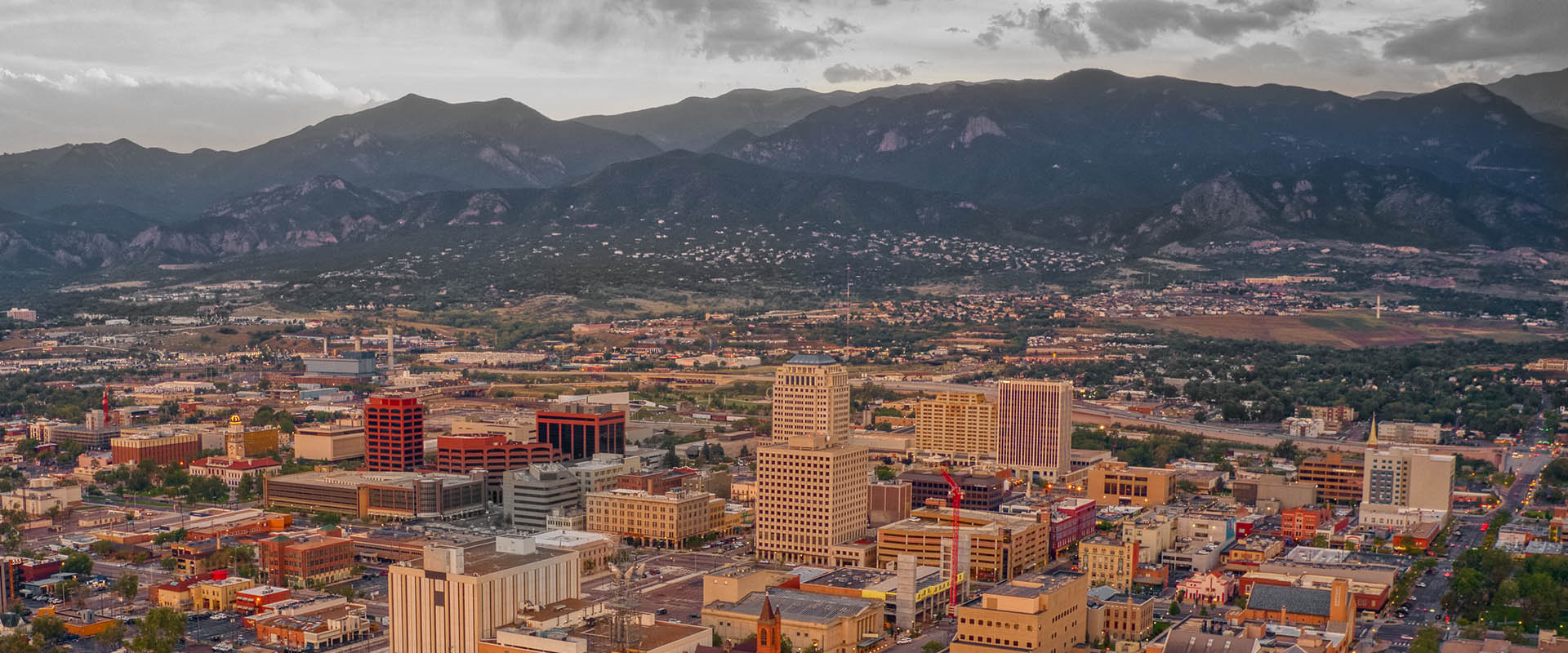If you are reading this, it’s likely because you or someone close to you is facing a challenging time. When a juvenile is involved in a legal case, the confusion and worry that come with it can be overwhelming. At times like these, it’s important to have someone by your side who understands the complexities of the law and the sensitive nature of juvenile cases. If your child or a loved one is facing police interrogation, knowing their legal rights is crucial. This blog will help clarify the important legal rights juveniles have during police interrogation in Colorado, and how the Law Firm of Mark S. Hanchey can guide you through the process.


With You Every Step of the Journey
When you need legal help, Mark Hanchey and Ben Peterson are here to guide you through it all. One step at a time. Reach out today for legal support. Get The Law Firm of Mark S. Hanchey and Ben Peterson fighting for you
Free Consultation Download PDFThe Role of Police in Juvenile Cases
Before we discuss the rights of juveniles during police interrogation, it’s important to understand the role of police officers in these situations. When a juvenile is suspected of committing a crime, the police are responsible for gathering evidence to help build the case. This often includes questioning the juvenile to understand their side of the story. However, just like adults, juveniles have rights that must be protected during this process.
In Colorado, juveniles are afforded certain legal protections when interacting with law enforcement. These protections ensure that their rights are respected and that they are not coerced or pressured into giving a confession that might not be truthful. It is crucial for parents or guardians to understand these rights so they can make informed decisions about how to proceed.
The Right to Remain Silent
One of the most important rights a juvenile has during police interrogation is the right to remain silent. This is a constitutional right guaranteed by the Fifth Amendment. A juvenile does not have to answer any questions posed by the police if they do not wish to. The police are required to inform the juvenile of this right before questioning begins, which is called the “Miranda warning.” This warning lets the juvenile know they have the right to remain silent and the right to have an attorney present during questioning.
If a juvenile chooses to remain silent, they should not be punished or treated negatively for doing so. In fact, remaining silent is often a wise decision. Juveniles may not fully understand the implications of their answers during interrogation, and saying something that could be misinterpreted may hurt their case later on. In these situations, it’s critical to exercise the right to remain silent and speak with an attorney before responding to any questions.
The Right to an Attorney
Another key right that juveniles have during police interrogation is the right to an attorney. In Colorado, a juvenile has the right to legal representation during any police questioning. If the juvenile cannot afford an attorney, one will be appointed for them. This right is important because a trained attorney can help guide the juvenile through the interrogation process, ensuring that their rights are protected.
Juveniles, by nature, may not fully understand the legal consequences of their actions. Having an attorney present can help them navigate a situation that could otherwise lead to confusion or mistakes. A lawyer can ensure that the interrogation is conducted fairly and that the juvenile is not coerced into making statements that could be used against them in court. Parents and guardians should always encourage their child to exercise this right if they are ever in a police interrogation.
Parental Involvement During Interrogation
In Colorado, the law recognizes the importance of parental involvement during a juvenile’s legal process. If the juvenile is under 18, their parent or guardian must be notified and given the opportunity to be present during police questioning. This is meant to protect the juvenile and ensure that they are not being pressured or manipulated.
However, there are exceptions to this rule. In certain circumstances, police may proceed with questioning without parental consent if they believe it is in the best interest of the case. Despite this, it is generally recommended that parents or guardians be present, as their support can help guide the juvenile through the interrogation process. Parents can also ensure that their child is aware of their rights and does not feel pressured to answer questions they are not comfortable with.
Juvenile Confessions and Voluntariness
A confession made by a juvenile during police interrogation must be voluntary and not coerced. In Colorado, a juvenile cannot be forced or tricked into confessing to a crime. Any confession that is obtained through threats, promises, or other forms of manipulation may be deemed inadmissible in court.
This is especially important in juvenile cases. Young people may be more vulnerable to pressure from law enforcement, and their understanding of the consequences of their statements may be limited. For this reason, the law is especially protective of juvenile confessions. If a juvenile is coerced into giving a confession, it could have serious consequences for the case and may result in the dismissal of charges.
The Importance of Timing in Interrogation
In Colorado, juveniles are entitled to a certain level of protection when it comes to the timing of their interrogation. Police officers are required to inform the juvenile of their rights as soon as they are taken into custody. If a juvenile has been detained for a significant amount of time without being informed of their rights, any statements they make during the interrogation could be challenged in court.
The timing of the interrogation is important because it can affect the validity of any statements made. If the juvenile is questioned for an extended period without the proper legal warnings or access to an attorney, those statements may be excluded as evidence. Therefore, it’s crucial to have legal representation involved early in the process to protect the juvenile’s rights and ensure that the interrogation is conducted in a lawful manner.
Why You Need an Attorney for Juvenile Defense in Colorado
If your child is facing police interrogation, it’s natural to feel anxious and unsure of what steps to take next. Juvenile cases are complex, and the rights of young people must be protected throughout the legal process. Understanding the legal rights of juveniles during police interrogation in Colorado is just the first step. You also need a trusted advocate who can guide your family through this challenging situation.
At the Law Firm of Mark S. Hanchey, we are committed to protecting the rights of juveniles and their families. We understand how stressful and confusing this process can be, and we are here to help you navigate it with confidence. With years of experience in juvenile defense, we know how to ensure that your child’s rights are respected and that they receive the best possible outcome in their case.
If your child is facing police interrogation or legal charges, don’t hesitate to reach out to us. We are here to provide the legal support and guidance you need to help secure a positive outcome for your family. Let us help you protect your child’s future today.


